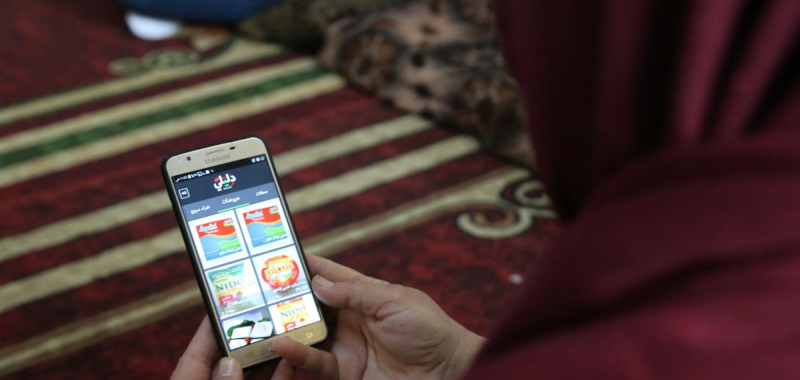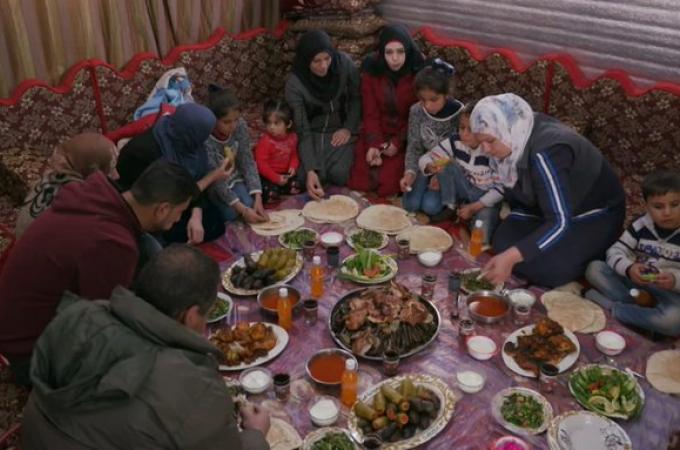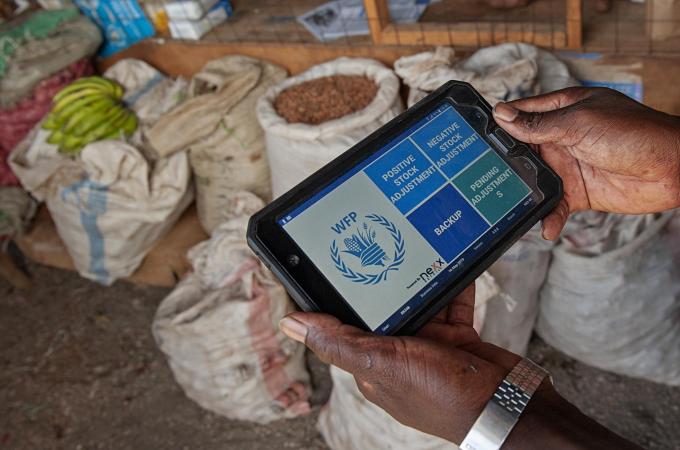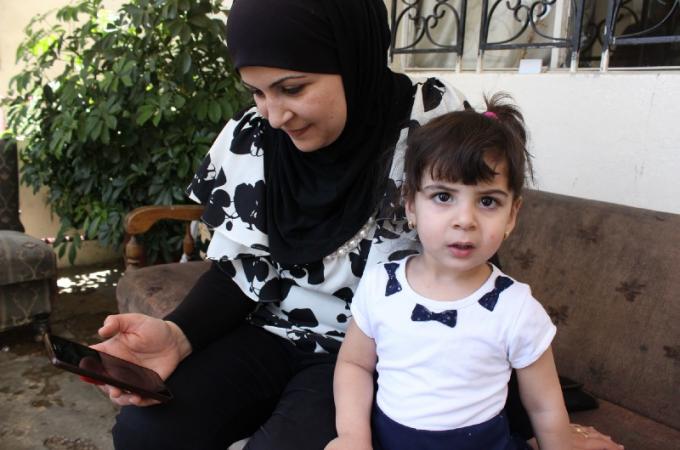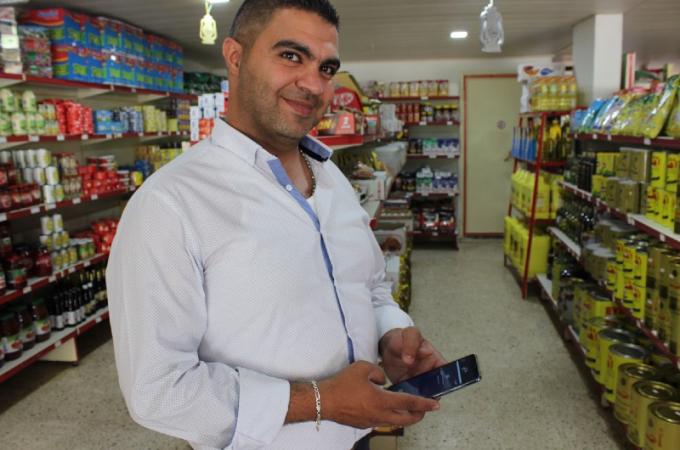Vulnerable families in Lebanon, including Syrian refugees, depend on staple foods purchased from local shops for their livelihood. Overpaying for food can result in a family going hungry when it runs out of WFP-provided assistance at the end of the month.
Project overview
The Dalili smartphone application provided up-to-date information on food prices and fosters competition among shops. Refugee families used Dalili to find savings in their favorite foods that provide a sense of home away from home.
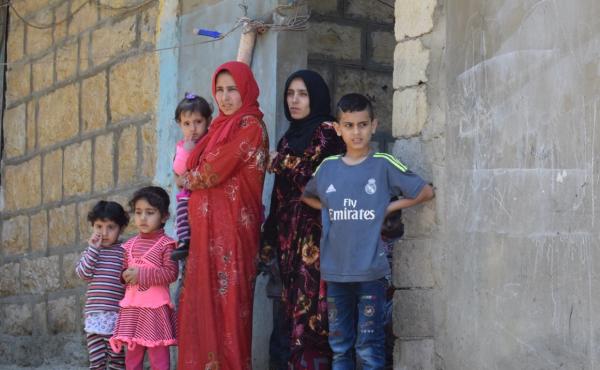
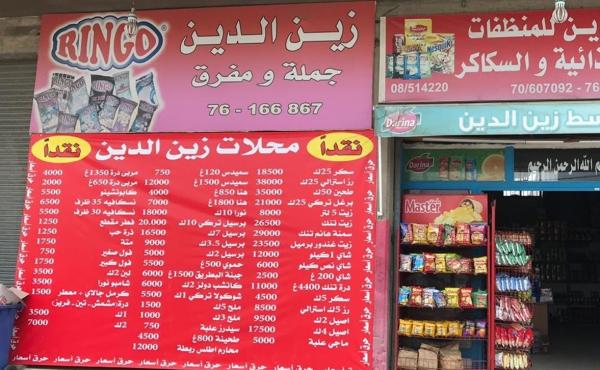
Dalili—“my guide” in Arabic—was a smartphone app that allowed anyone in Lebanon compare the prices of 250 staple foods in local shops. Users could also compile shopping lists, as well as leave anonymous feedback to help shop owners improve their stores.
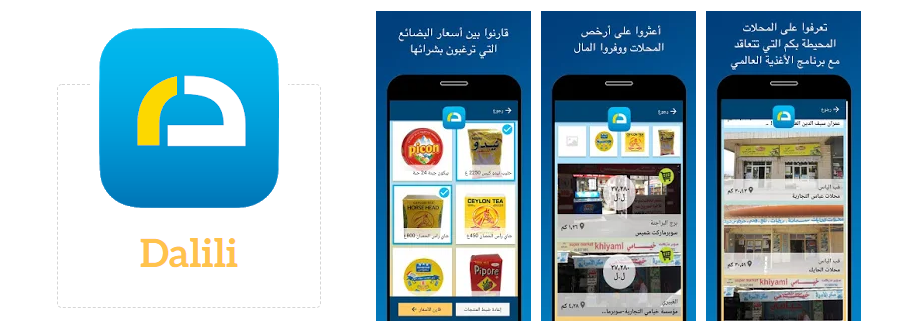

For refugees who have traditionally received food in distribution lines, receiving assistance in cash-based systems means the freedom to purchase food and meals that connect families to cultural identities, and teach children the flavors of home. But for vulnerable families looking to stretch every last dollar (or Lebanese Pound) a lack of information on local food prices, coupled with pricing volatility, can mean going hungry towards the end of the month.
That’s why WFP developed Dalili, a smartphone app to compare the prices of staple foods at local shops, create shopping lists, and leave feedback for retailers. Launched in November 2017 as a pilot in the Bekaa Valley of eastern Lebanon. While active, Dalili helped 11,900 monthly users compare 250 items across 385 shops.
Dalili helped its users find the best prices in the moment they were buying, but also ensured prices would remain fair, as local shops had to cater towards a more price-savvy clientele. But retailers also benefitted from the exchange: Using feedback from Dalili, with support from WFP retail experts, shop owners were empowered with data to improve their businesses by stocking the right products for their customers.
As of 2020, Dalili is inactive.

In the quiet village of Qabb Elias, in eastern Lebanon, Muna sat on her porch swiping through Dalili with her young daughter Lamar. Just a day away from her monthly WFP cash assistance top-up, Muna prepared a grocery list on Dalili—a ritual familiar to her life back in Syria. Bargain hunting from the comfort of her home, Muna relied on Dalili to help her save money as she shops for nutritious food for her family.
“One time, I found 4,000 Lebanese pounds [US$ 2.66] savings in milk,” said Muna. “That’s enough to buy four bags of pasta and to make four dinners for my family.”
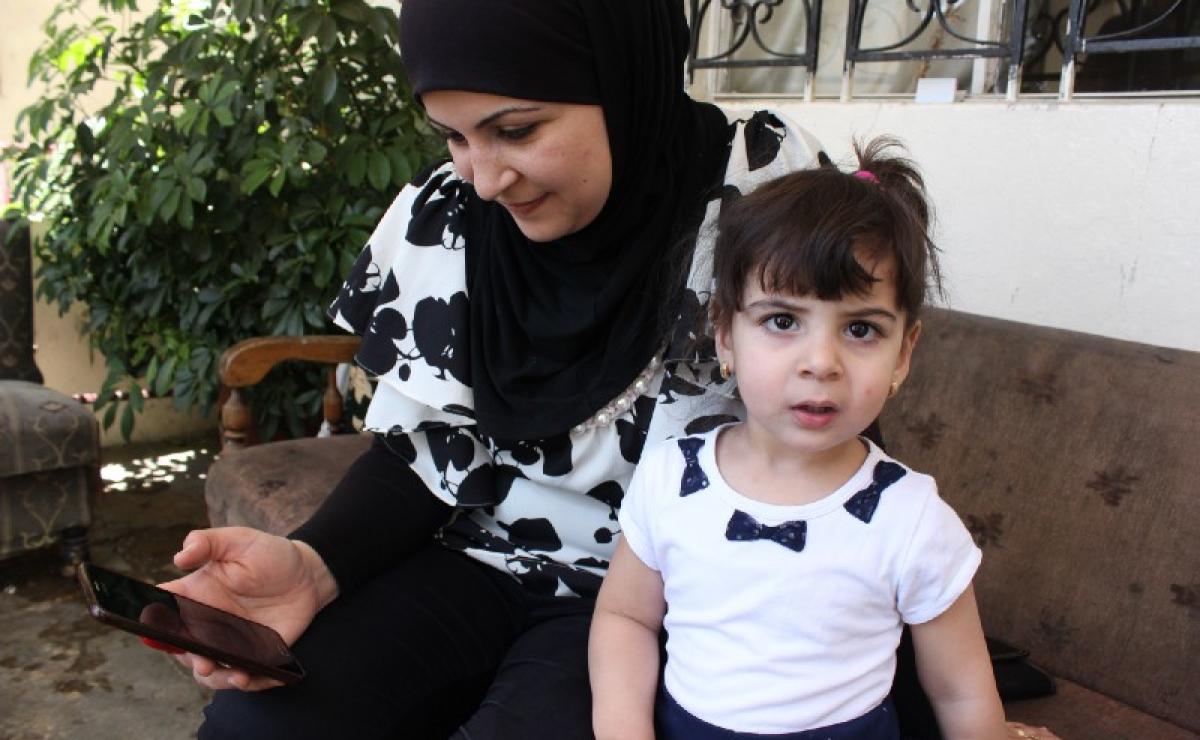
Omar was the owner of the thriving Al-Hayek shop in Qabb Elias, across the street from an informal Syrian refugee settlement where many WFP beneficiaries lived.
“The store was a mess before working with WFP,” said Omar. “I didn’t take advantage of the space and there was little variety in products.” With help from WFP’s retail team, specializing in one-on-one shop consultations on layout and product assortment, Omar transformed Al-Hayek into a thriving family business. And thanks to better-organized aisles, more diverse products, and a greater emphasis on Syrian brands, his business was booming. Omar used Dalili as free advertising for monthly promotions. For instance, a special of two packs of pasta with the purchase of a can of tomato paste really brought customers through his doors, he said.
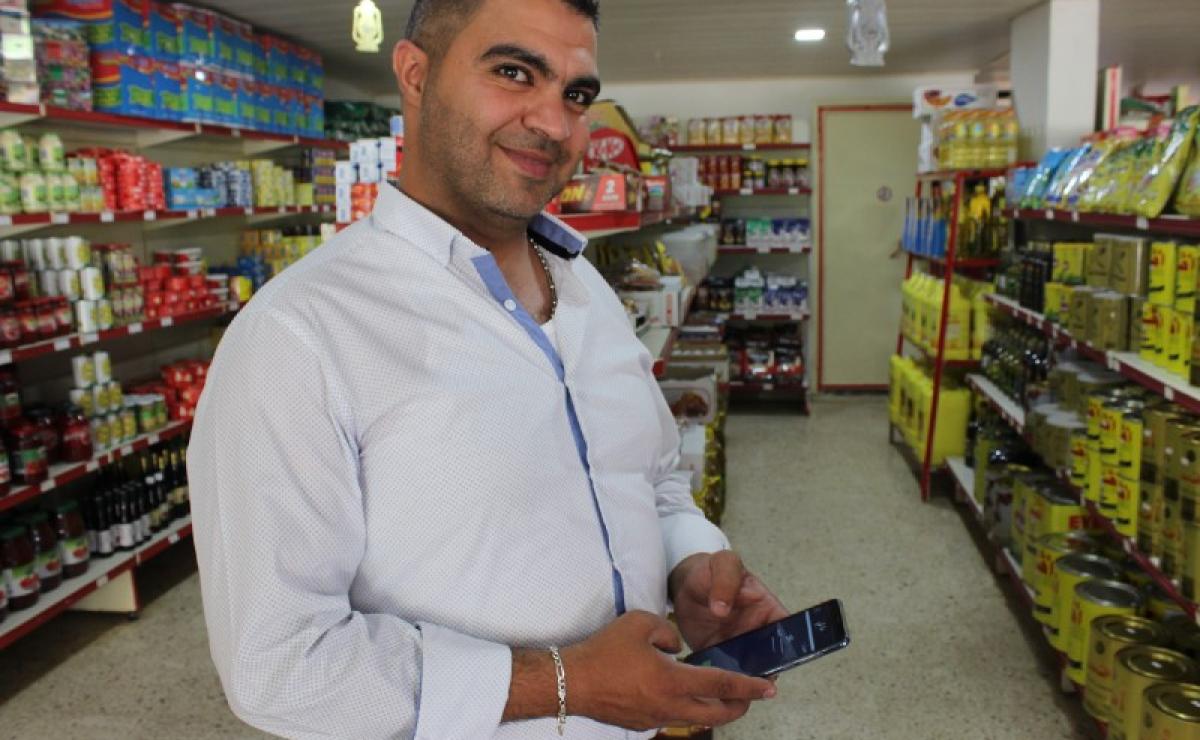
Miriam’s favorite time of day is when the sun sets and three generations of her family gather under a single roof for a meal she chooses and prepares. During the holy month of Ramadan, these moments are all the more special to Miriam, whose heart warms as her sons arrive for the daily fast-breaking of Iftar.
“It feels good to walk to the shop to provide for my family,” she says.
As a long-time customer of the Al-Hayek shop, Miriam has seen her own life improve in parallel with the quality of the shop. Now, she has better access to food that makes her feel in control and at home—food that brings people, and family, together.
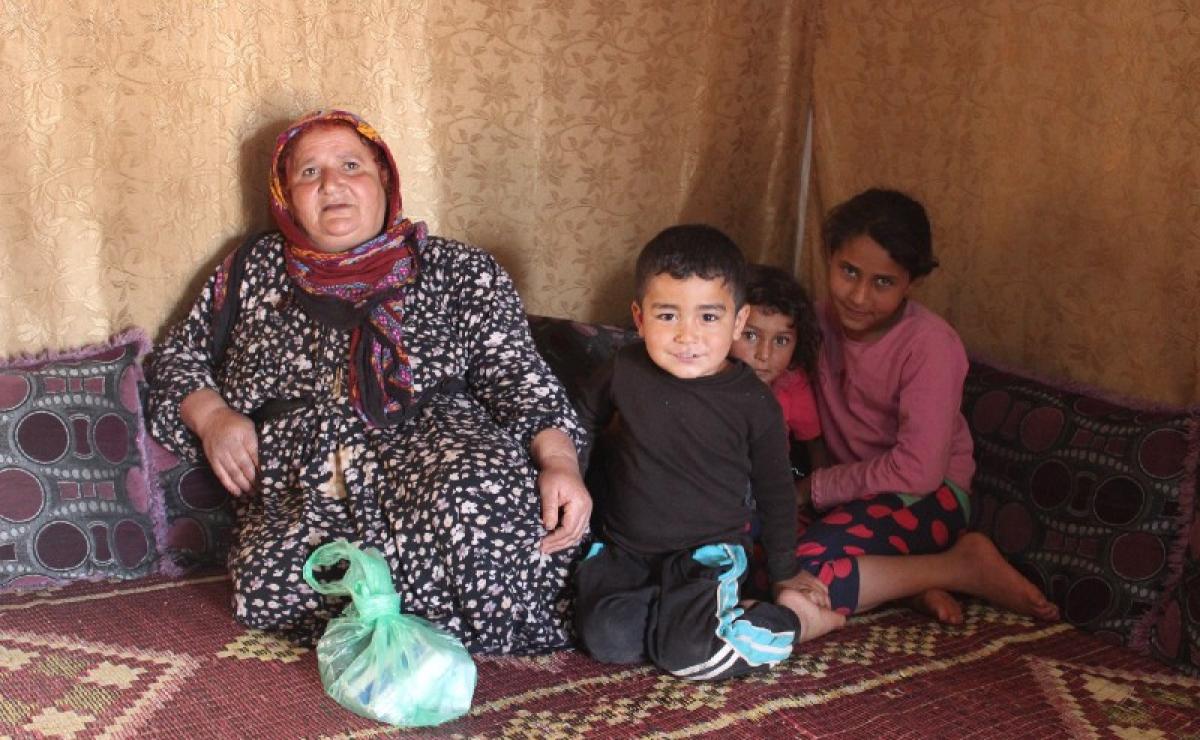
Dalili proved its value in Lebanon, leading WFP to scale Dalili in Jordan while piloting the app in Kakuma Refugee camp in Kenya. WFP’s longer-term intention was to bring the app’s benefits to people around the globe. Unfortunately, amid the price fluctuations of the COVID-19 pandemic and other operational challenges, Dalili decided to close its operations in 2020.



